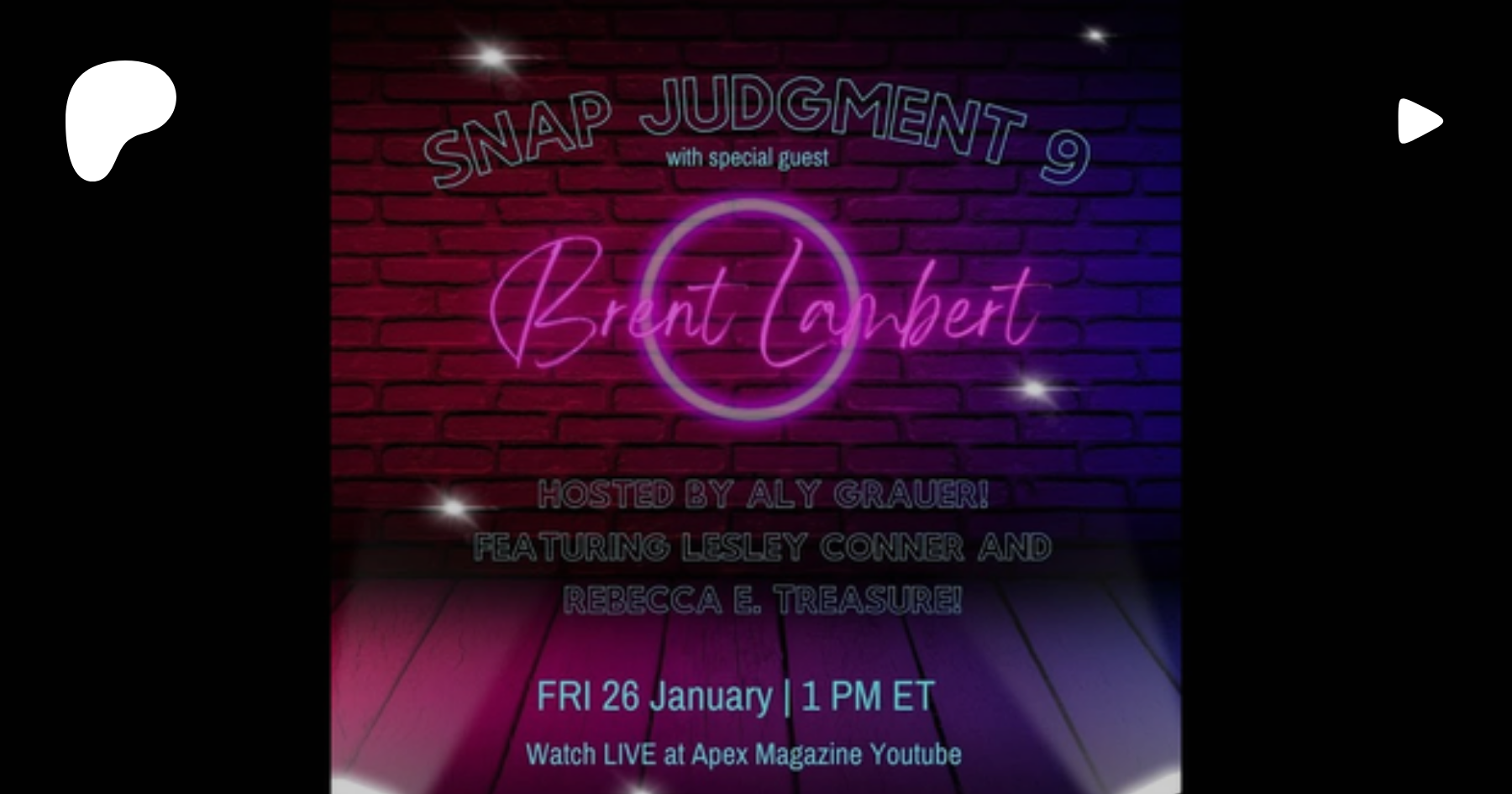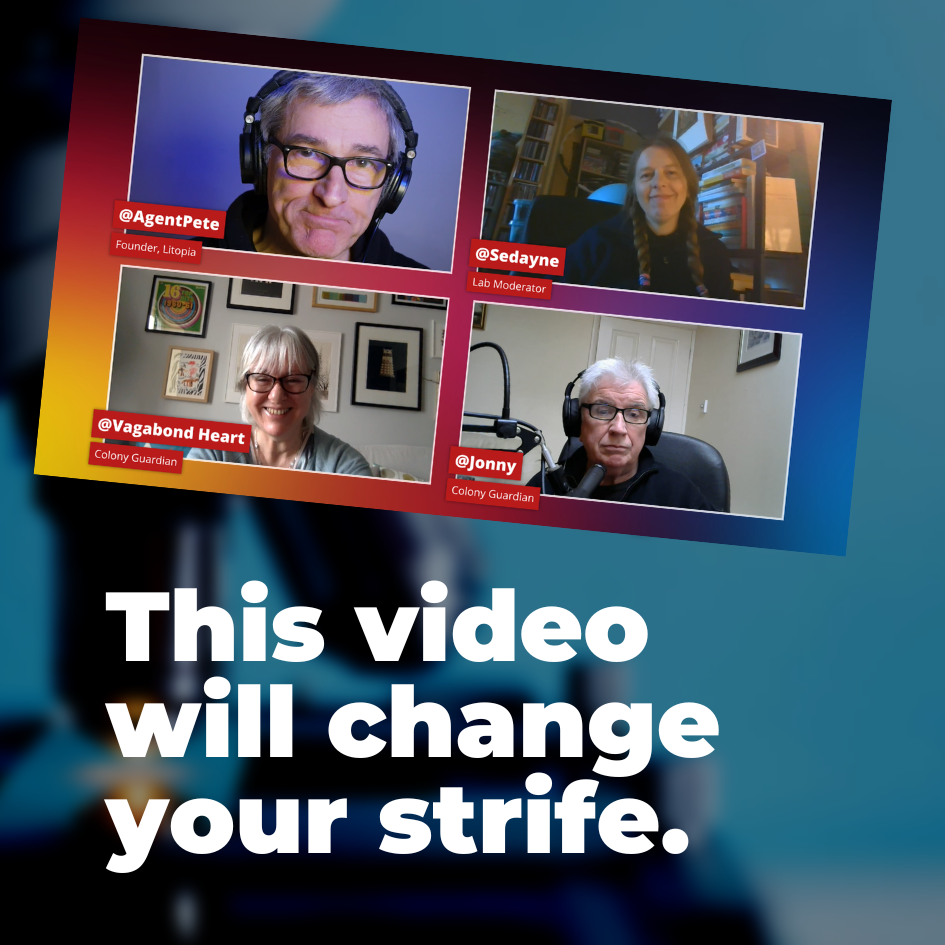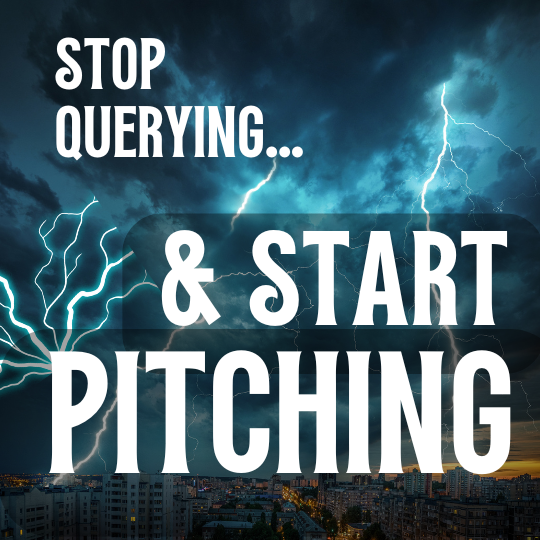Apex magazine has a pretty strong reader base for fantasy and SF. They have their own Pop ups, not a patch on Litopia. But FYI.

 www.patreon.com
www.patreon.com

Snap Judgment Episode 9 | Apex Books & Apex Magazine
Get more from Apex Books & Apex Magazine on Patreon




